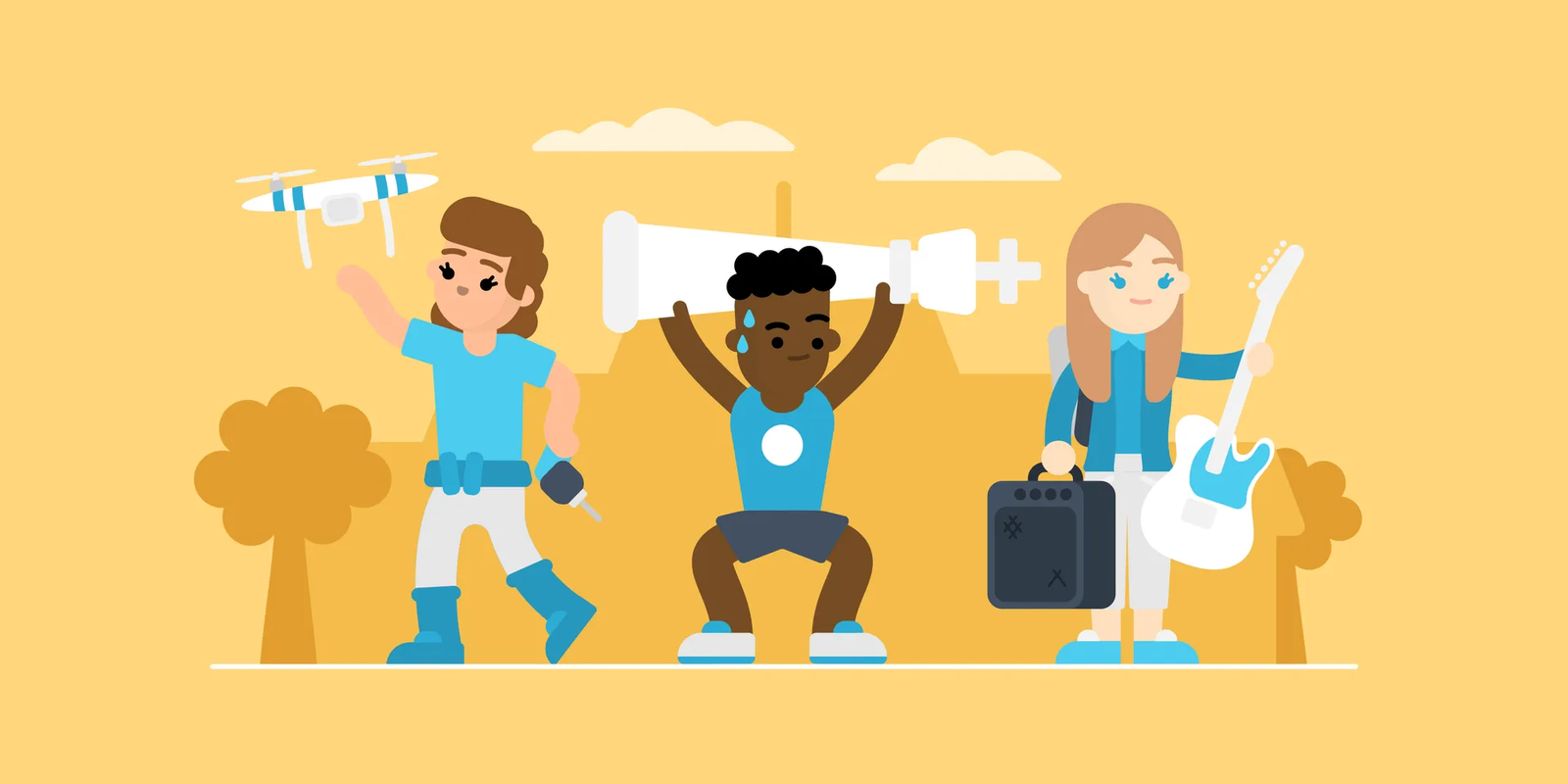
Extracurricular activities are more than just a way for students to pass time. They play a crucial role in the overall development of children and young adults. Schools and colleges worldwide are increasingly focusing on these activities to ensure students gain skills beyond academics. From sports to arts, debate clubs to community service, extracurricular activities help students grow socially, mentally, and emotionally.
These activities allow students to explore their passions, develop leadership skills, and prepare for future challenges. In today’s competitive world, universities and employers look for well-rounded individuals who can balance academics with personal interests.
Extracurricular activities provide a platform for students to discover their talents. Participation in clubs, sports, music, or arts encourages creativity and self-expression. It helps students build confidence and teamwork skills, which are valuable in both personal and professional life.
Studies have shown that students who engage in extracurricular activities often perform better academically. These activities teach time management, discipline, and responsibility. Students learn to balance schoolwork with hobbies, which enhances their organizational skills.
Engaging in extracurricular activities helps students develop essential social skills. Group activities such as sports or drama teach cooperation, communication, and leadership. Students learn to handle success and failure gracefully, improving their emotional resilience.
Community service or volunteering projects instill empathy and social awareness. Students understand the value of giving back and contributing to society. These experiences shape their character and make them responsible citizens.

Extracurricular activities also influence career growth. Many universities and employers seek candidates who demonstrate initiative and diverse skills. Participation in clubs, competitions, or internships shows dedication and commitment beyond academics.
Skills gained from these activities, such as public speaking, teamwork, and problem-solving, are highly valued in the workplace. For example, a student involved in a debate club develops critical thinking, while a student participating in sports learns perseverance and leadership.
In addition to academic and social benefits, extracurricular activities promote mental well-being. Sports, music, and art help reduce stress and improve mood. They provide a healthy outlet for emotions, which is especially important for teenagers facing academic pressure.
Activities like yoga, meditation, or creative writing enhance mindfulness and self-awareness. Students who maintain a balance between studies and hobbies report higher satisfaction and better mental health.

While extracurricular activities are beneficial, students sometimes struggle with time management. Overloading on activities can lead to burnout and stress. Parents and educators need to guide students in choosing activities wisely.
Schools can create schedules that allow students to participate without affecting academic performance. Encouraging students to follow their interests rather than trends ensures a positive experience.
Extracurricular activities are essential for holistic education. They offer opportunities for personal growth, social development, and career readiness. By participating in diverse activities, students gain valuable skills that cannot be learned in classrooms alone.
Parents, teachers, and students should prioritize these activities to build confident, creative, and well-rounded individuals. In a world where talent and versatility are key, extracurricular activities are no longer optional—they are a vital part of shaping a successful future.
Extracurricular activities are more than just hobbies they are essential tools for shaping well-rounded, confident, and capable students. They help young people discover their passions, build social and emotional skills, and prepare for future careers. Balancing academics with involvement fosters discipline, creativity, and mental resilience.
For parents, teachers, and students alike, prioritizing these activities means investing in long-term personal growth and success. In today’s competitive world, students who engage actively in stand out as adaptable, skilled, and socially aware individuals ready to face future challenges.
In short, extracurricular activities are not optional extras—they are a cornerstone of holistic education and lifelong development.
Do Follow Estate Magazine on Instagram
Read More:- Discover Porto Playa: The New Jewel of Mina Al Arab 2025
